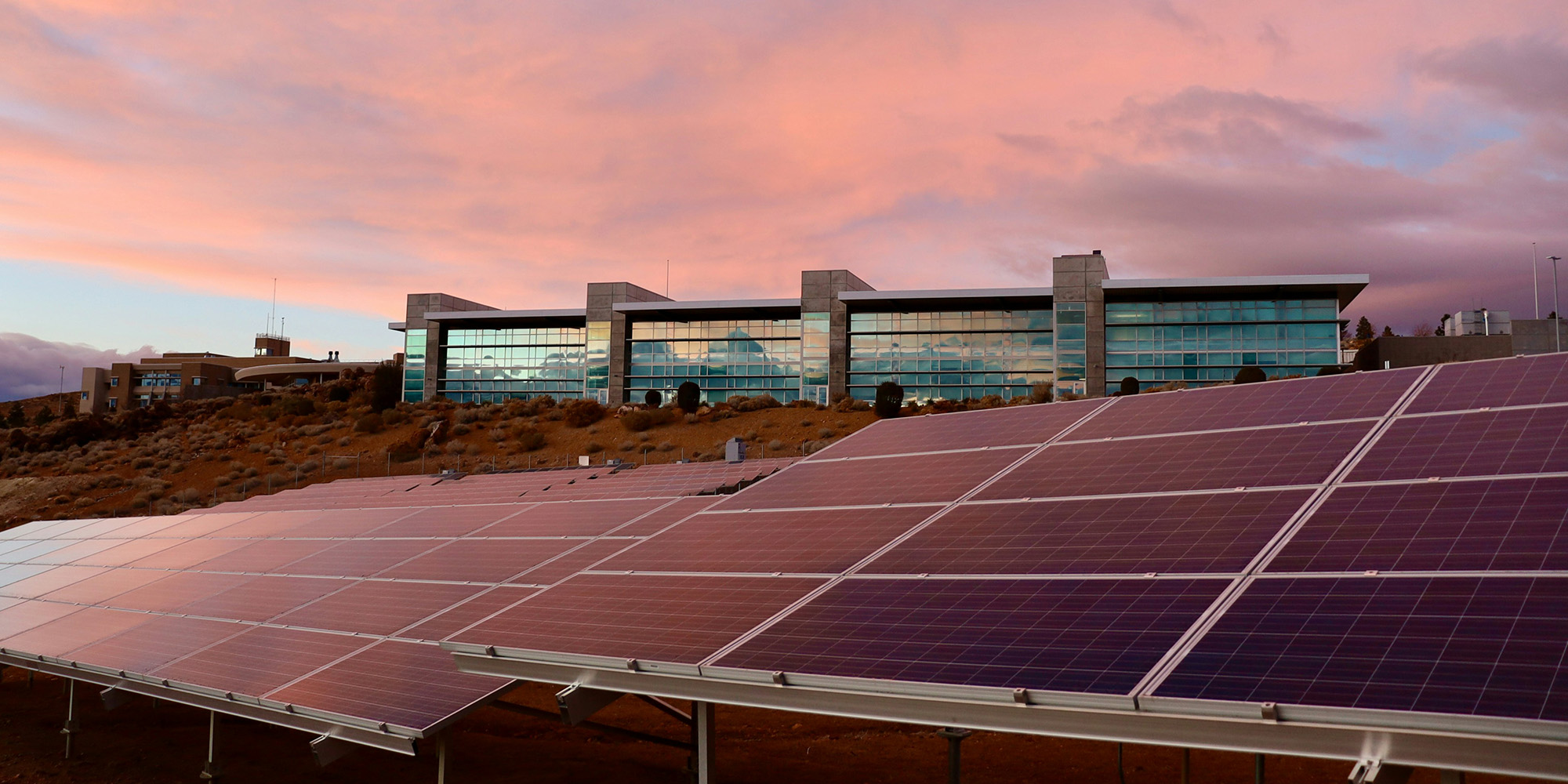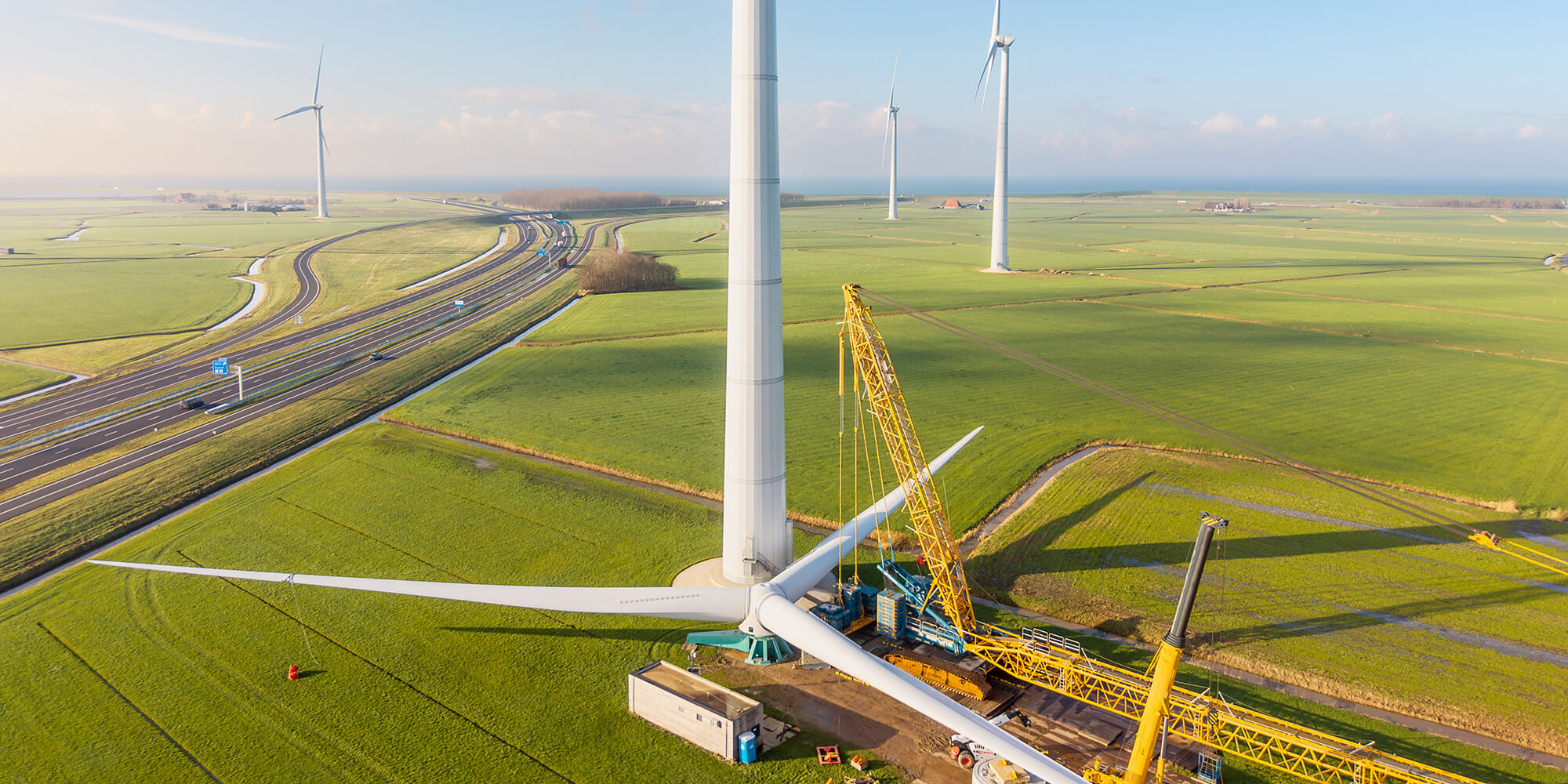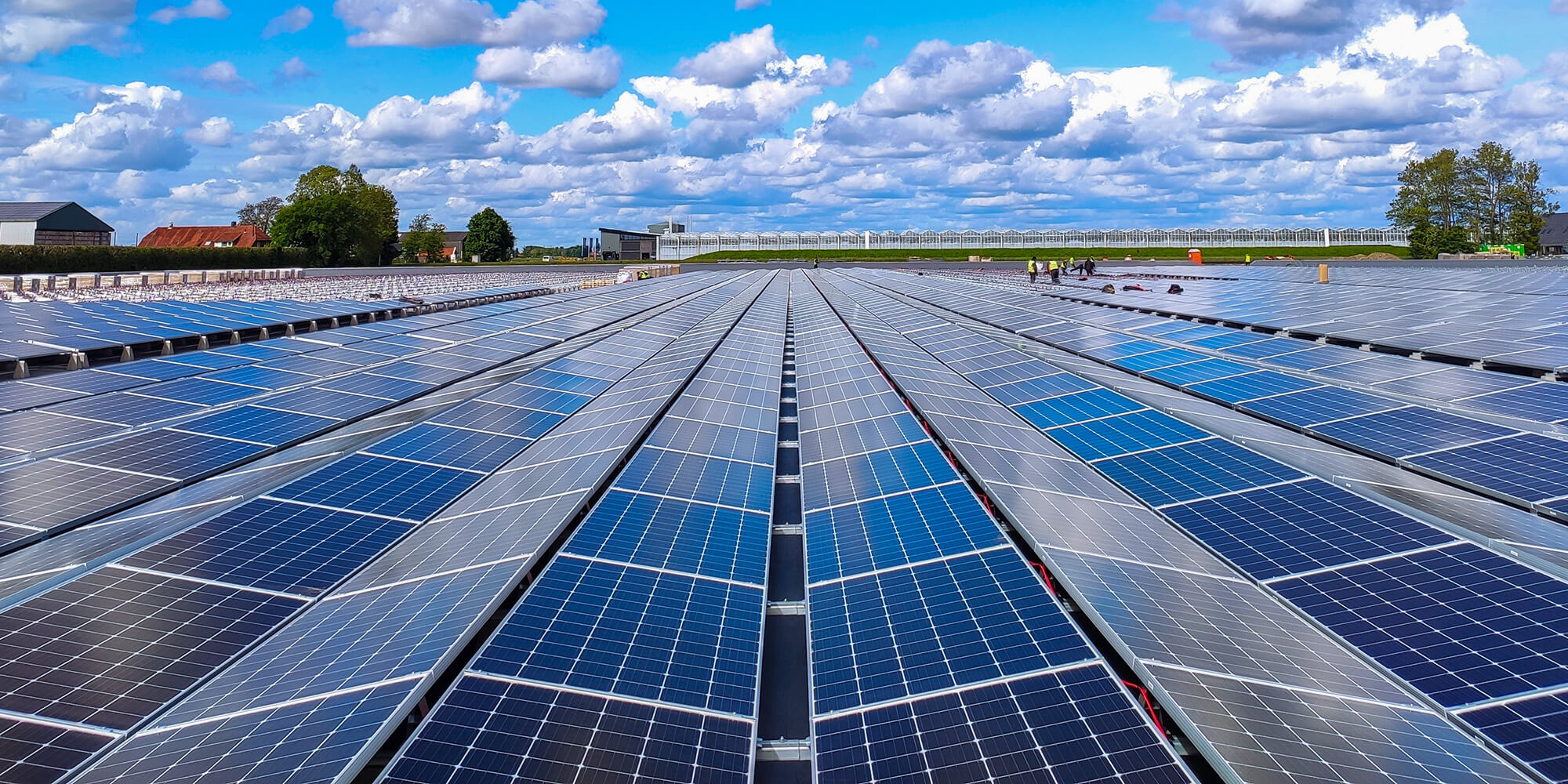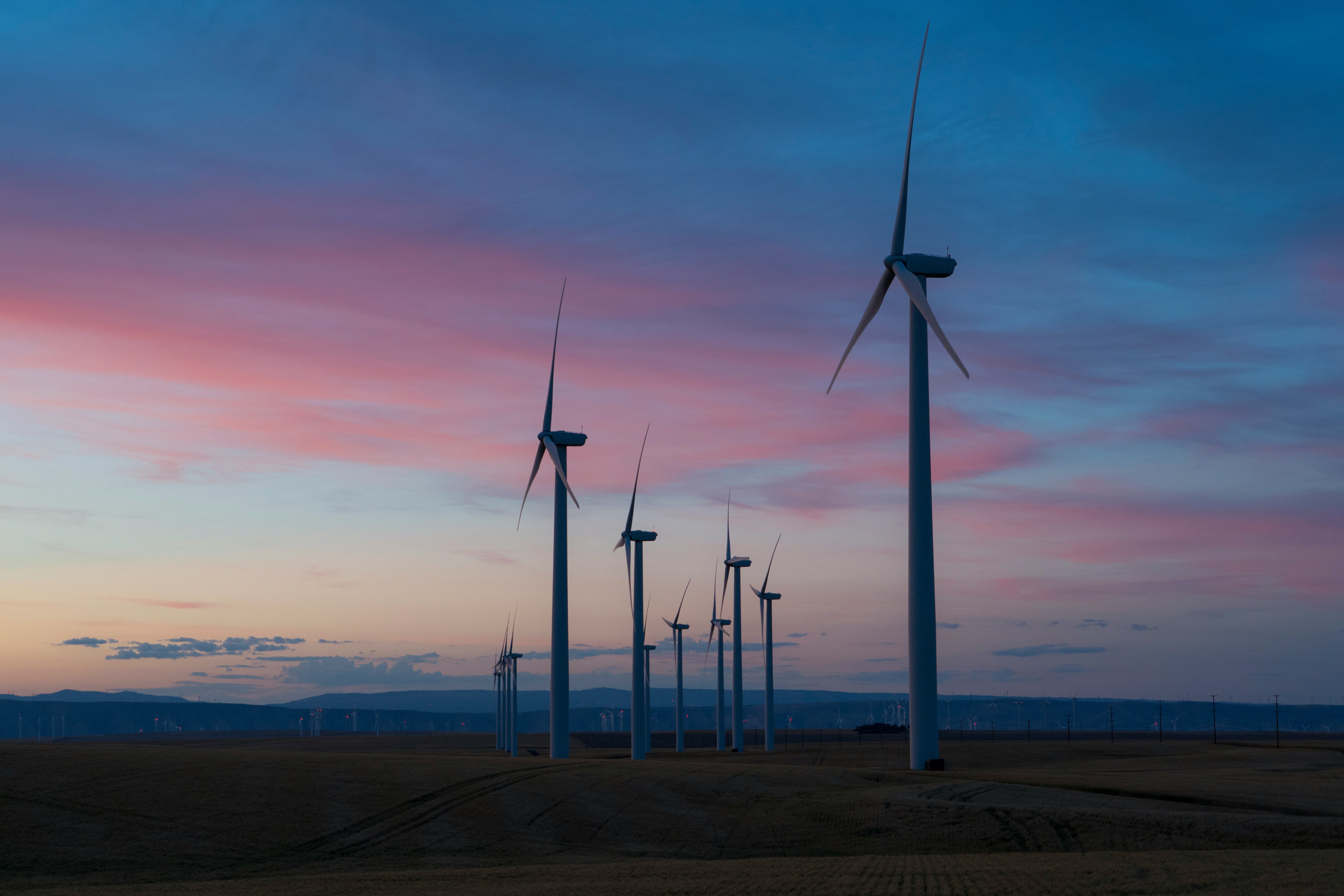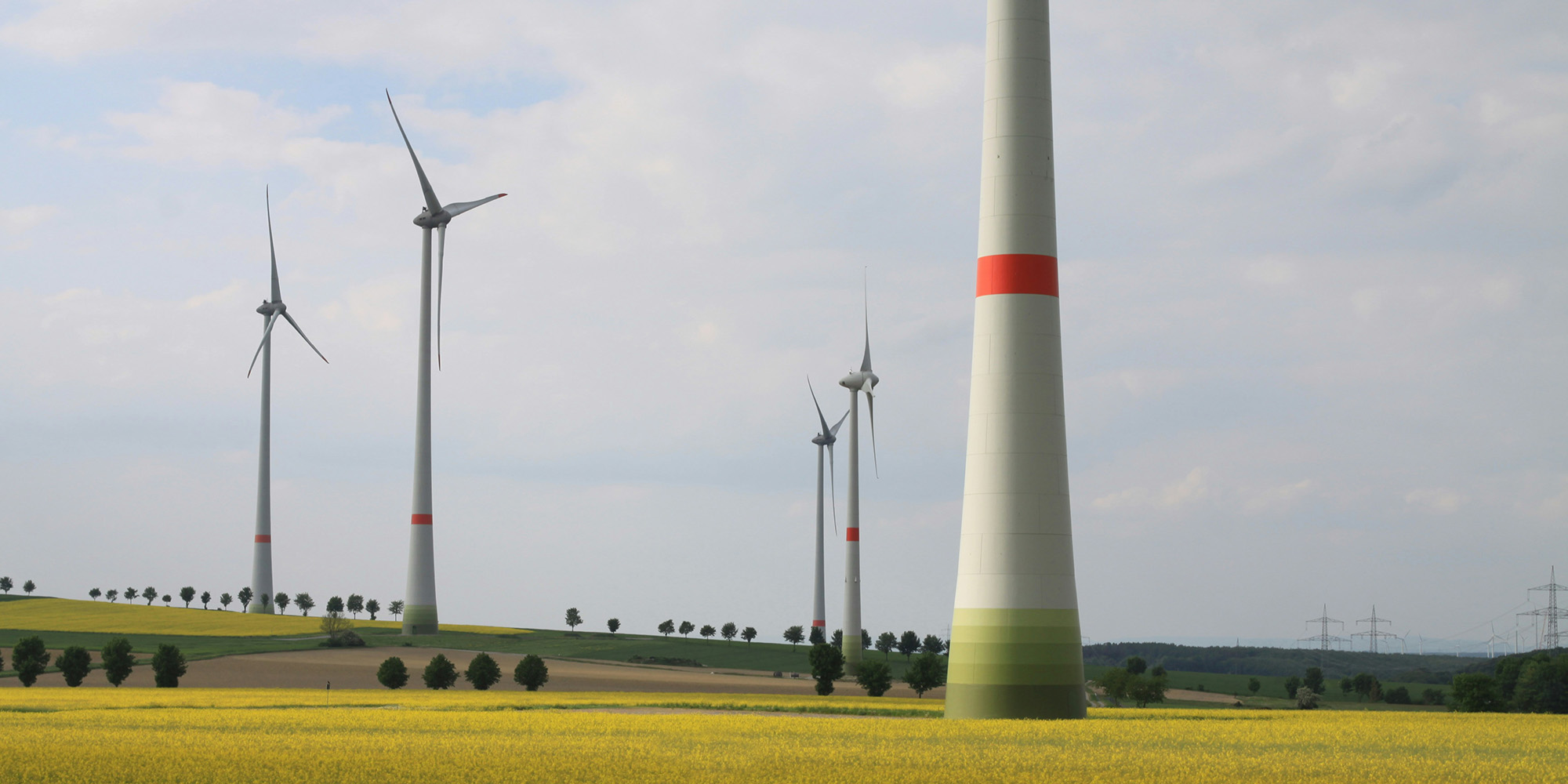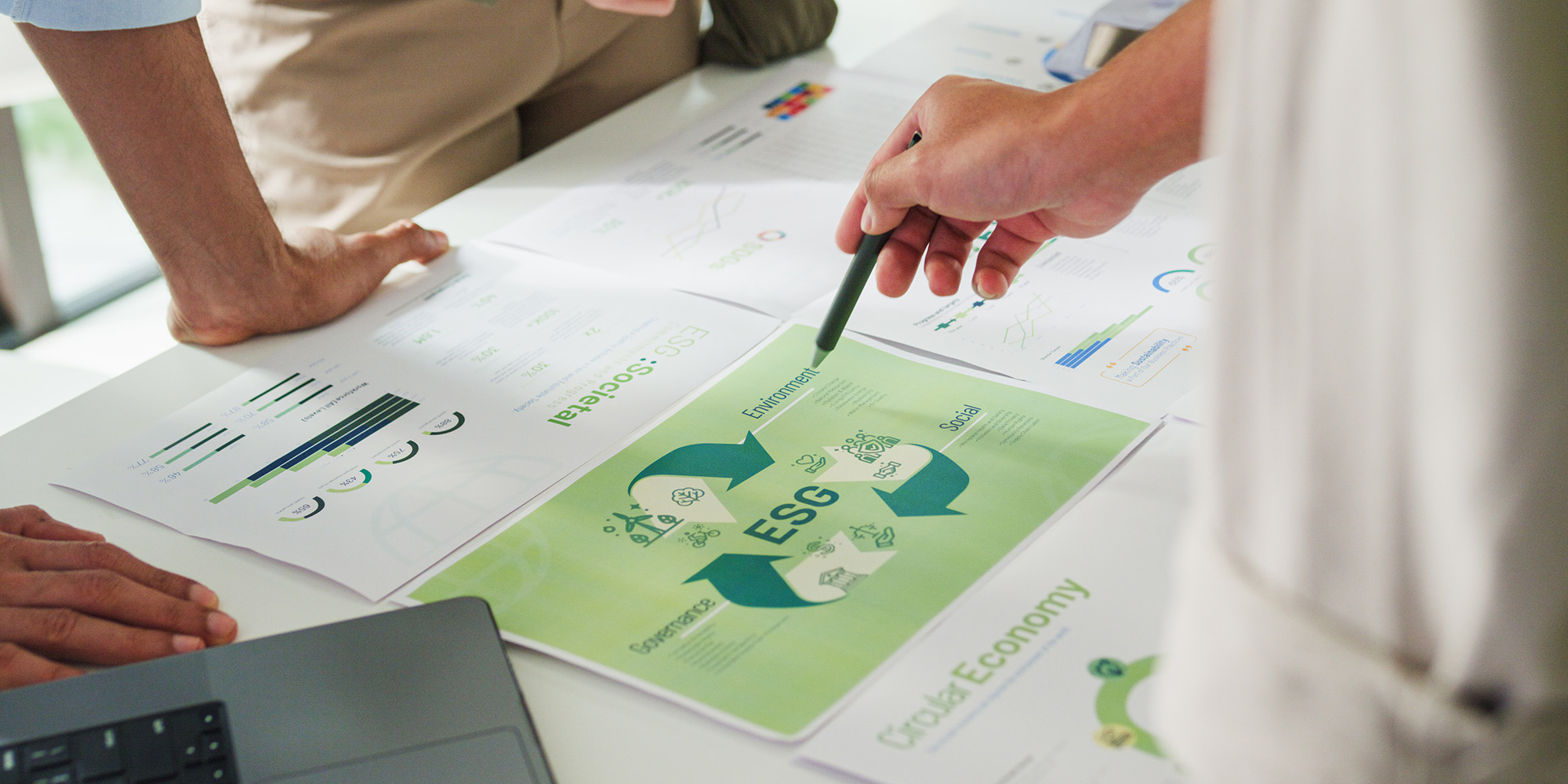What is Bra Miljöval?
Bra Miljöval, or "Good Environmental Choice" in English, is the environmental certification system of the Swedish Society for Nature Conservation (SSNC), which aims to help consumers, from private individuals to companies and municipalities, find the most sustainable products and services, including electricity. It also enables power suppliers to offer renewables that minimise environmental harm.
.jpg?width=191&height=286&name=Sara%20Widman%20Almer%C3%A4ng_mindre%20(1).jpg) Bra Mijlöval's ecolabel for electricity was established in 1995 when the electricity market in Sweden was deregulated, allowing consumers to choose their power providers. “Before, people and companies had one supplier based on the town or area where they lived,” recalls Sara Widman, Communications Manager at Bra Miljöval. “When the market opened, the SSNC saw a chance to support a sustainable energy market and help consumers choose 100% renewable electricity from environmentally adapted production.”
Bra Mijlöval's ecolabel for electricity was established in 1995 when the electricity market in Sweden was deregulated, allowing consumers to choose their power providers. “Before, people and companies had one supplier based on the town or area where they lived,” recalls Sara Widman, Communications Manager at Bra Miljöval. “When the market opened, the SSNC saw a chance to support a sustainable energy market and help consumers choose 100% renewable electricity from environmentally adapted production.”
The ecolabel now certifies that renewable electricity production follows stringent environmental criteria, from having a low impact on biodiversity and being located outside protected areas to the recycling of production assets, such as solar panels. “We have 40 criteria. In addition, energy companies must allocate money to the Bra Miljöval Funds for environmental and energy efficiency projects,” Widman says.
Electricity labelled with Bra Miljöval is verified with Guarantees of Origin (GOs). Licence holders and electricity producers submit power plants for approval by the SSNC. Then, GOs issued from those devices can be cancelled as ecolabelled — proof that the electricity tracked by that certificate meets the environmental criteria. The end goal is to empower consumers, to show them where to find the most sustainable electricity and help them protect the climate and biodiversity.
Fossil-free, renewable, ecolabelled: what’s the difference?
We often think of renewable energy in opposition to fossil energy. One generates greenhouse gas emissions; the other does not. But not all emissions-free electricity is renewable. “We often have to explain to our customers that fossil-free includes nuclear energy as well — and why we don’t support it,” Widman says.
In 2022, when electricity prices in Europe peaked, nuclear energy suddenly looked appealing. It produces no CO2, runs constantly, and is relatively inexpensive. However, nuclear power has drawbacks, including security risks and the problematic disposal of highly polluting waste. Moreover, the fuel for nuclear thermal reactors, typically enriched uranium, is decidedly not renewable.
Bra Miljöval aims to make that distinction abundantly clear. Renewable electricity comes from wind, solar, hydro, geothermal energy, and biomass — it does not include nuclear power.
.jpg?width=192&height=288&name=Kim%20Blomster%20Almer%C3%A4ng%20(1).jpg) Furthermore, the label gradually raises the environmental standards for clean electricity. “We strengthen the criteria continuously”, Kim Blomster, Product Manager at Bra Miljöval, explains. “The point is to get our standard above the current legislation. If legal requirements catch up, we use that as the base level and raise the criteria even further. That is what we call additionality.” Bra Miljöval also conducts an annual audit with all its licence holders to ensure the criteria are being met.
Furthermore, the label gradually raises the environmental standards for clean electricity. “We strengthen the criteria continuously”, Kim Blomster, Product Manager at Bra Miljöval, explains. “The point is to get our standard above the current legislation. If legal requirements catch up, we use that as the base level and raise the criteria even further. That is what we call additionality.” Bra Miljöval also conducts an annual audit with all its licence holders to ensure the criteria are being met.
Ultimately, the goal is to build trust. When customers purchase electricity bearing the Bra Miljöval seal, they know exactly what they are buying. “We provide proof of what Bra Miljöval represents,” Blomster continues. “We don’t just talk about renewable energy, we take action.”
Why do businesses and consumers choose Bra Miljöval?
Soon after the Swedish electricity market was deregulated, different power providers emerged. One of them was GodEl, a company started by the GoodCause Foundation that is unique in two ways: it donates all its profits to charity and offers exclusively Bra Miljöval-labelled electricity.
 “When we started the company, we asked ourselves: what can we do to improve the electricity market?” says Maria Erdmann, CEO of GodEl. The answer included their profits-to-charity model, improved contract conditions and, crucially, sustainability. “We want to offer the best possible electricity to our customers in environmental terms, and that is currently Bra Miljöval.”
“When we started the company, we asked ourselves: what can we do to improve the electricity market?” says Maria Erdmann, CEO of GodEl. The answer included their profits-to-charity model, improved contract conditions and, crucially, sustainability. “We want to offer the best possible electricity to our customers in environmental terms, and that is currently Bra Miljöval.”
By purchasing Guarantees of Origin labelled with Bra Miljöval, GodEl can be certain of the environmental benefits of their offering. The strategy has also strengthened their brand. “Customers actively choose us because of our sustainability profile. They know what they are getting and why they are staying with us,” Erdmann continues. “Bra Miljöval is a unique selling point, not only because of the certification but also because of everything they do through their funds.”
For every gigawatt-hour of electricity sold with Bra Miljöval, money is allocated to the organisation’s Energy Fund, Environmental Fund, or Forest Fund. These, in turn, co-finance environmental projects related to energy production and efficiency, such as clearing old power plant dams to improve fish migration, reducing the energy consumption of buildings, and protecting biological diversity in forests.
"Thanks to the CSRD, companies will soon have to specify what kind of electricity they use. Choosing Bra Miljöval will become an asset."
By reducing the impact of electricity generation and restoring the ecosystems that make power production possible, Bra Miljöval’s funds connect consumers to the source of their energy. “We monitor the development of the projects,” Erdmann assures. “We even have a joint Energy Fund with Bra Miljöval, where we can incorporate requests based on our customers’ preferences.”
Environmental performance has strengthened GodEl brand. And as new sustainability regulations, such as the EU’s Corporate Sustainability Reporting Directive (CSRD), are implemented, using ecolabelled electricity could become an advantage for other companies too. “There is a shift happening in the EU,” Erdmann says. “Thanks to the CSRD, companies will soon have to specify what kind of electricity they use. Choosing Bra Miljöval will become an asset.”
Sustainable competitiveness, as the EU Commission calls it, is indeed one of the pillars of Europe’s long-term economic plan. Raising the bar for renewable energy can aid in this effort. “We want to be more competitive compared to the rest of the world,” Erdmann concludes after a recent visit to Brussels. “I think renewables and Bra Miljöval can be part of that.”

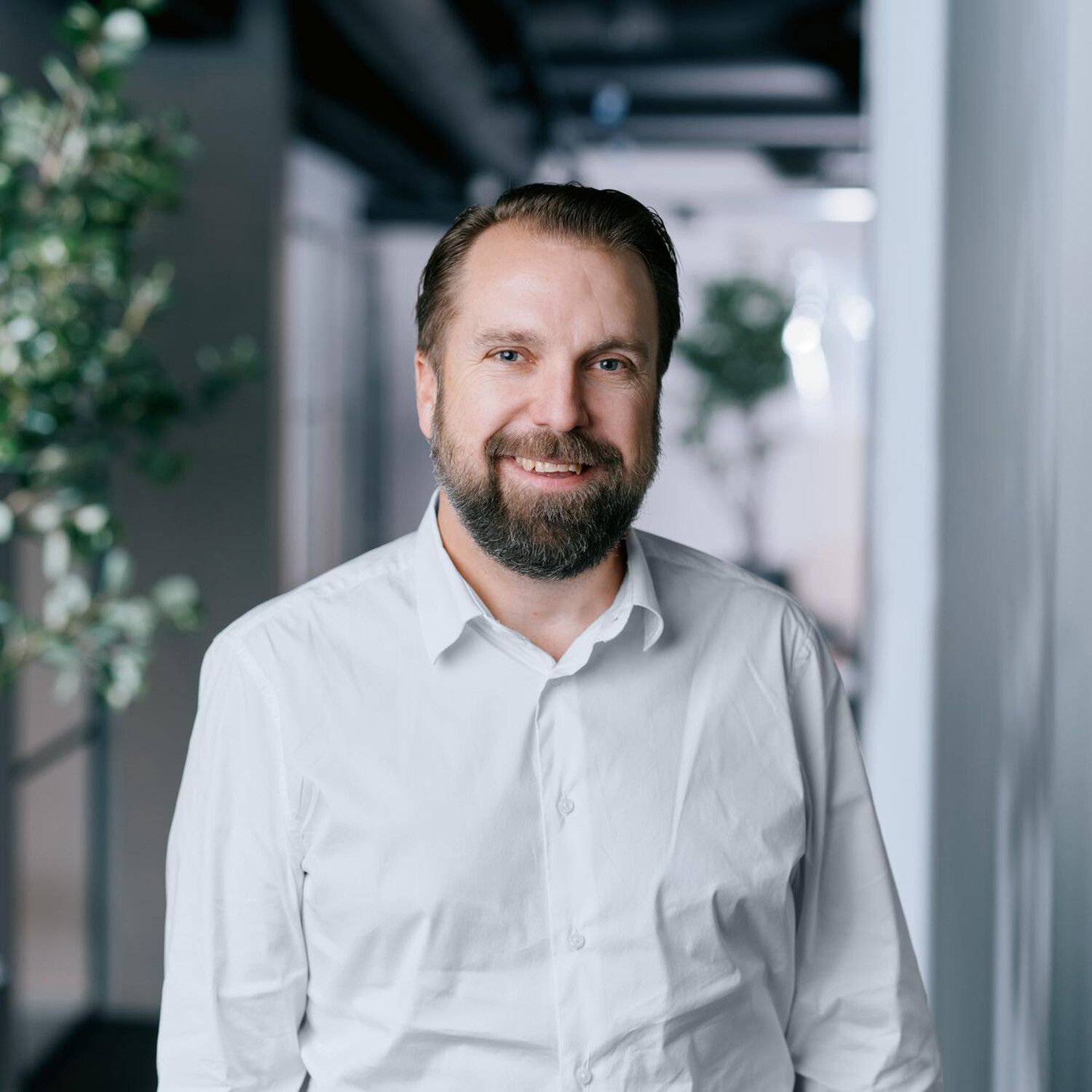
.png?width=3840&height=2560&name=Sun(1).png)

.png?width=3840&height=2560&name=Landscape_2(1).png)
